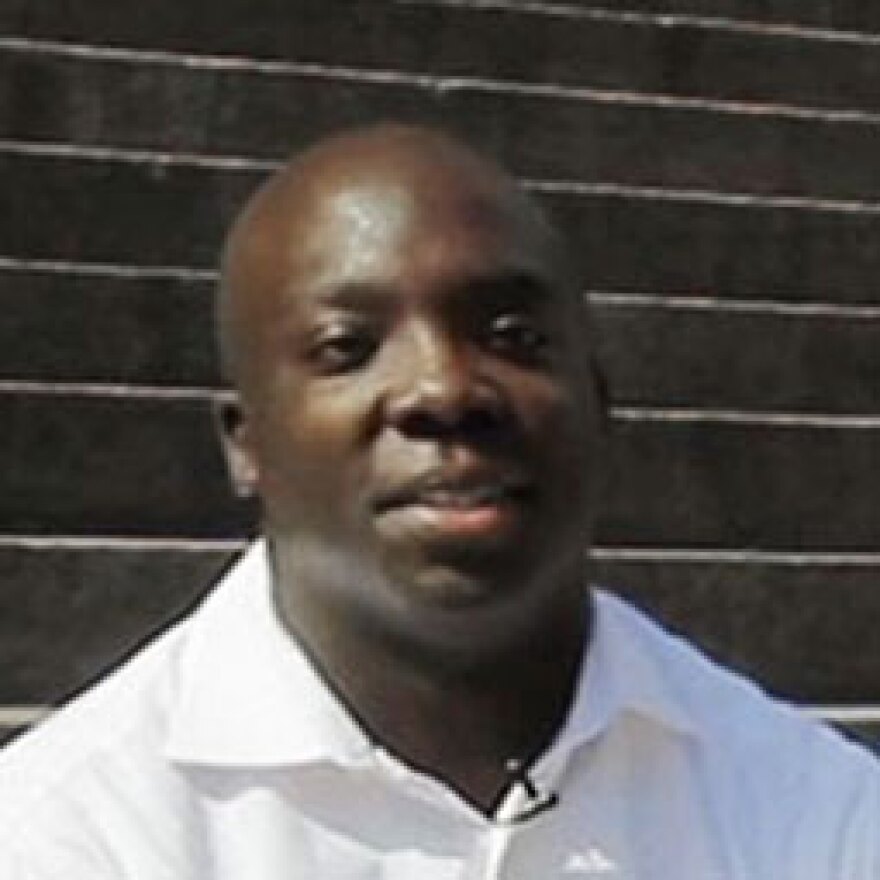There are new questions about the business background of Earl O'Garro -- the insurance broker at the center of a federal grand jury investigation in Hartford.
In emails obtained from the city of Hartford, it's clear that O'Garro's former employer considered suing him once he left.
Back in 2010, O'Garro left the only insurance company he had ever worked for to start his own firm.
"I took a leap," O'Garro said in an online video from three years ago. "I resigned from the firm, really didn't have a clear idea what I was going to do. And then I got called by a private equity firm and was asked to start Hybrid Insurance Group."
But new emails show that O'Garro's separation from his former employer, SH Smith and Company, caused some tension and the threat of legal action. According to emails from 2011 between O'Garro and his private attorneys, SH Smith was concerned that O'Garro was poaching the company's business. They wanted him to sign a non-compete letter -- essentially saying he wouldn't take their clients.
And O'Garro's own attorneys at the Crumbie Law Group suggested he also provide a statement to all of the insurance agents he worked with letting them know about the non-compete agreement. But O'Garro wouldn't go for any of it.
In an email to his attorney, O'Garro said he'd "rather fight this in court if it gets to that point than send a letter that scares my agents from doing business with me." He also said, "If Smith is so concerned they could tell me where we are allegedly taking business from and then we could stop."
Finally, O'Garro called the entire episode, "a distraction that Smith is hoping for."
It's unclear how the matter ended. Neither O'Garro nor SH Smith nor their attorneys would comment.


